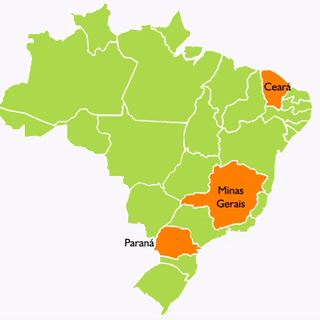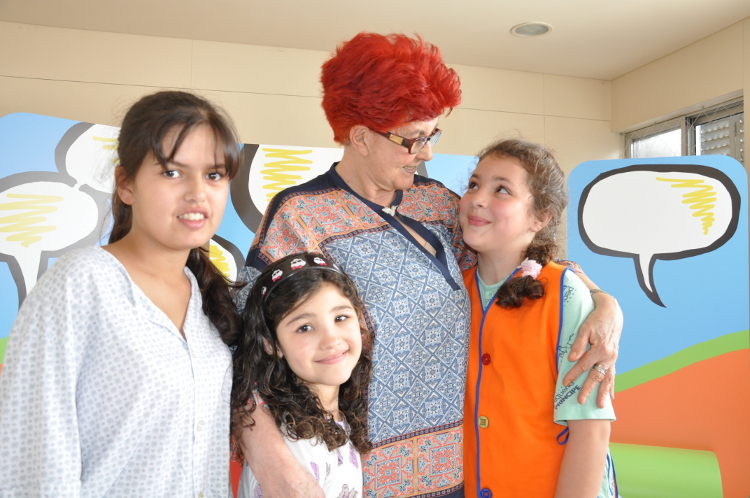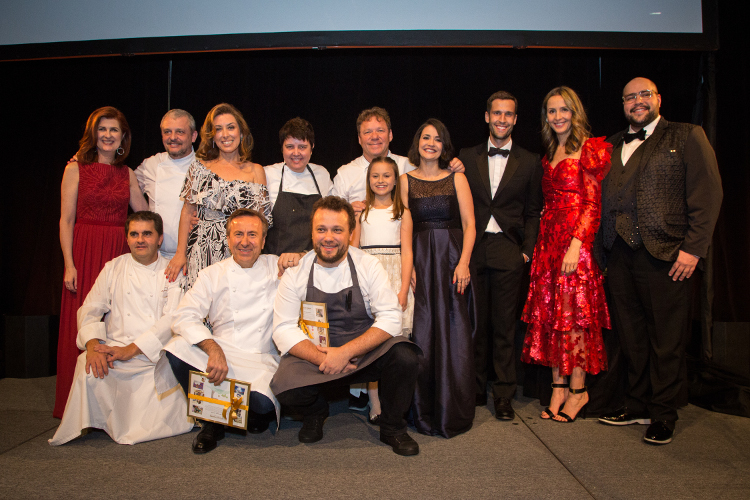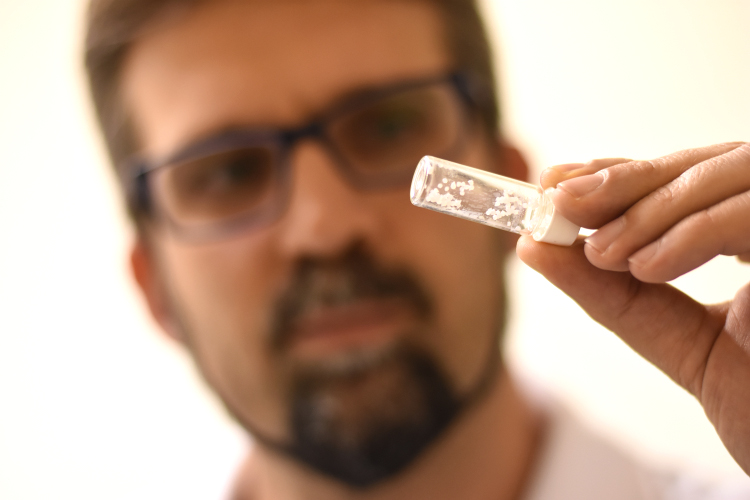
Three-year-old twins reunite and celebrate a successful bone marrow transplant after being separated for 40 days

A successful transplant is always cause for celebration, but especially when it is a story as touching as Samuel and Daniel Alves’ is: after 40 days of being apart for health precaution reasons, the three-year old identical twins were able to see each other again and commemorate their triumph and health. Diagnosed with Wiskott-Aldrich syndrome, a rare genetic disease, the only available cure is a bone marrow transplant.

The boys are from a small city of Brejo Santo, in Ceará, a state in northeastern Brazil, which didn’t have adequate healthcare for their case and had to travel 3,000 kilometers (approximately 1,864 miles) to receive treatment from Pequeno Príncipe Hospital. They were fortunate to find a compatible donor, who was also located in another state: in Minas Gerais, 1,000 kilometers (about 621 miles) from Curitiba.
The transplant was performed in June and the twins have already been discharged from the Hospital, but continue to receive follow up care from our doctors. “I thank God and hope that He will protect this donor and his family, because with his one-time donation, he was able to save both of my children,” thankfully declared Suzete da Silva Alves, the boys’ mother.
Veja no vídeo a história do reencontro de Daniel e Samuel.
Oncology, Hematology and Bone Marrow Transplant Service
Since 1968, Pequeno Príncipe Hospital offers oncological treatment to children between the ages of 0 and 18 and is considered the biggest pediatric service in this field in Paraná by the State’s Health Secretary. Patients from all over the country are referred here to receive adequate diagnosis and treatment, as well as thorough scientific investigation against cancer and other blood related diseases.
Created in 2011, the Hospital also has a Bone Marrow Transplant Service that has performed 100 bone marrow transplants since then and one of the highlights of this area is its treatment to patients diagnosed with rare diseases. Pequeno Príncipe has performed this transplant for children and teenagers not only from Paraná, but from all over Brazil, in states such as Bahia, Ceará, Mato Grosso, Minas Gerais, Pará, Paraíba, Rio de Janeiro, Roraima, Santa Catarina, São Paulo and Tocantins. Approximately 95% of the patients receive treatment through the public health system and the global rate of survival for this type of procedure is 89%.
More
Volunteers help to build an increasingly better hospital
How volunteerism has shaped Pequeno Príncipe Hospital’s history and continues to be vital to the Institution’s activities
An event that sparkled with solidarity and fine dining
The 2017 Gala was a fundraising success, thanks to the many people who united to make it possible
Research looks into alternative to reduce the side effects of chemotherapy medication
Released only in the intestine, the newly developed compound reduces contact with the digestive tract and lessens discomfort for the patient
Other Editions
©2026 . Pequeno Príncipe Complex . All Rights Reserved







